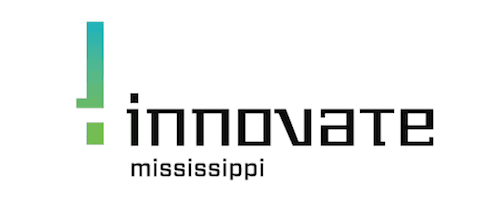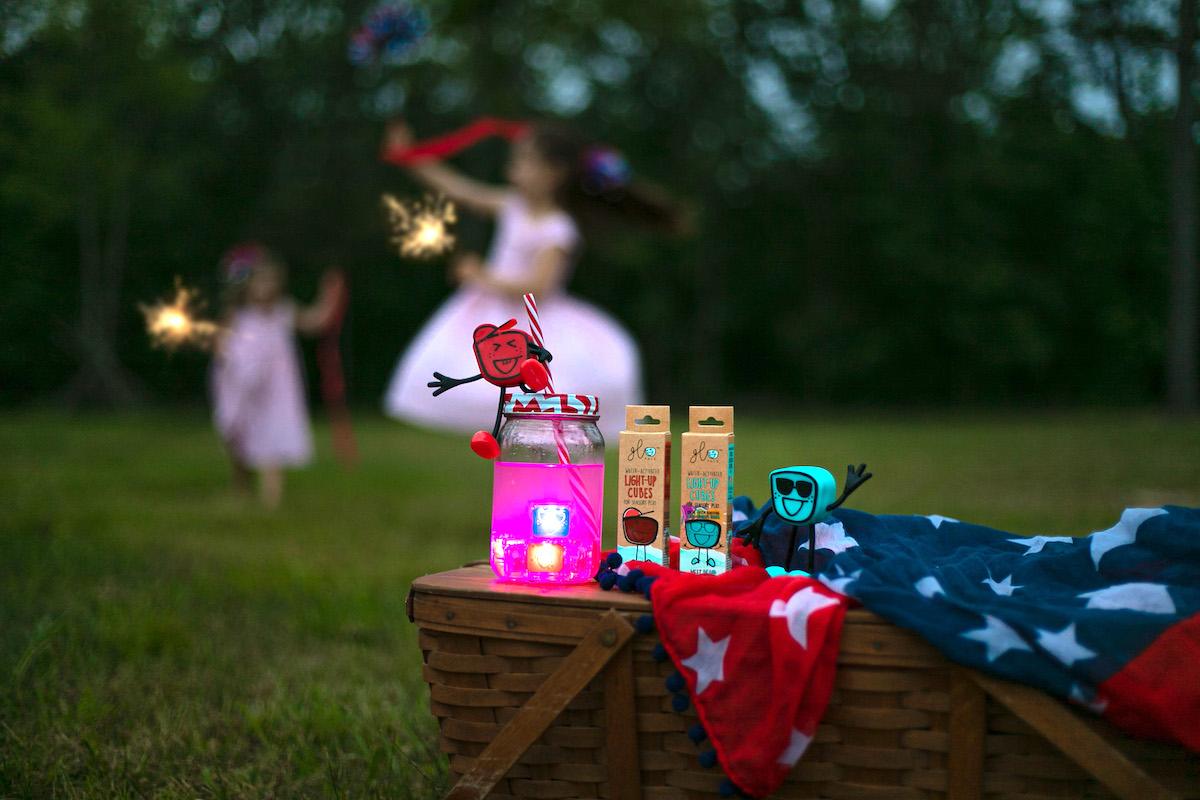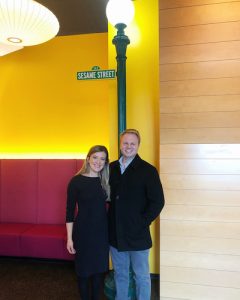
Hagan Walker and Anna Barker of Glo say they’ve been fortunate during the COVID-19 pandemic and economic downturn. The Starkville, Mississippi company, and frequent participant at Innovate Mississippi’s Accelerate conference, has two major product lines—Glo Cubes and Glo Pals. Both are products that glow when put in contact with liquid. The Glo Cubes glow when you drop them into drinks; the Glo Pals are toys for children, often centered on bath-time.
“We ended up hitting our Q1 numbers and exceeding them,” said Barker, who is vice president of business development. “We still have a pretty big online e-commerce presence. And we hit a sweet spot in pricing in the children’s market. A lot of products and gifts for kids can be pretty pricey.”
Glo’s Easter numbers, driven by Glo Pals, exceeded their Christmas sales, which had already been a record high for the company. With “lots of moms suddenly at home” and grandparents sending relatively inexpensive gifts for the holiday—when families couldn’t all get together because of the pandemic—the Glo Pals filled a particular need.
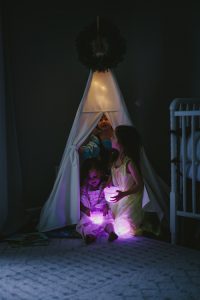
“Obviously, it hasn’t been perfect; at one point basically our entire team was at home,” she said. “But in the grand scheme, when you look at the way some businesses have been hit so dramatically, we’ve been incredibly fortunate.”
The company has dealt with myriad shipping issues through the crisis, both into and out of their warehouse. Walker notes that some states, such as Arkansas, operated pretty much as if nothing had happened, while businesses in California, for instance, couldn’t even receive shipments planned before “stay at home” orders took place.
Meanwhile, the other side of the supply chain presents problems, as Glo Cubes and Glo Pals are both made in China.
“Yeah, it’s been kinda crazy,” said Walker. “It’s like when you see a wave coming while you’re on your surfboard. You start paddling hard—and get smacked anyway.”
The company had been working to onboard new Chinese factories before the pandemic hit, in hopes of diversifying their supply chain. It didn’t occur to them that the whole country could be shut down at once.
Walker said that the lack of commercial passenger flights affects shipping. Passenger planes transport a significant percentage of goods in their cargo holds. For shipments he had to use freight carriers, and prices for freight-only flights have skyrocketed. Walker said they’ve probably spent close to $100,000 on air freight costs.
The volume of products they’re manufacturing hasn’t changed, and while Glo’s e-commerce sales are promising, they really don’t know what the retail landscape will look like. Glo’s large wholesale customers include Macy’s, Urban Outfitters, Nordstrom, Learning Express, and Kaplan Early Learning.
It’s not clear that those companies—and the smaller retailers that were also selling Glo Pals—will get back to healthy sales anytime soon.
With their mom-and-pop retailers, Glo is trying to be flexible. “We are a small business supporting other small businesses,” Walker said, noting that they’re trying very hard to work out payment plans and other arrangements with retailers who had to shut down or slow down sales during the crisis. “So, we are extending terms, but we also have to be careful, you know, because if it comes down to them paying their debt with us or their rent or utilities, that’s going to come first.”
Another challenge is trade shows. Retailers of children’s products traditionally attend some big retail shows throughout the year to learn about new offerings and opportunities for back-to-school and the holiday season. This year, the major shows have canceled or are looking for a virtual solution to connect manufacturers and retailers.
“[New York] Toy Fair is going to do an online virtual tradeshow,” Barker said. “That’s another weird thing to consider. We just all won’t be in that central spot like we are every year.” She says that it’ll be tough to recreate the person-to-person interaction and stumble onto new products and meet new people without those live trade shows this year.
With retailers and big-box stores putting the brakes on orders, cash flow is a potential challenge for the company. Aside from dealing with the pandemic and associated supply chain challenges while onboarding new factories, the Glo team is also in a “big research and development phase” working on new Glo Pals toys in partnership with Sesame Street.

Oh, and they broke ground on yet another new location for the company—a renovated theater in downtown Starkville—in February of this year.
“Fortunately, we had just completed that raise at the end of last year,” Walker said, referring to a $500,000 second round they completed in December 2019. “So right now, we’re good. Money is coming in. The biggest threat is keeping inventory—we actually have a big shipment locked in a warehouse in (Los Angeles) because of the riots.”
“They don’t teach you all this in macroeconomics class,” Barker joked. She and Walker are both recent graduates of Mississippi State University. “I need to reach our to Dr. Wiseman and be like, ‘Listen. You gotta shake up that curriculum, man!'”
Glo Pals, which are products for parents and kids to use at home, are far outselling Glo Cubes—products widely used at parties, concerts, and bars. Walker and Barker had already seen that the children’s line had more potential for growth, but the pandemic has amplified that shift.
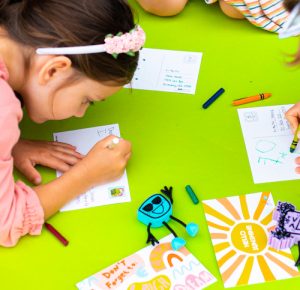
In response, the Glo team has made resources available on the Glo Pals website for parents who suddenly found themselves home with their kids full-time, including an entire section of the Glo Pals website (glopals.com/learning) devoted to remote learning.
The company had previous created lesson plans in partnership with teachers, initially available only to people with .edu email addresses. After the pandemic closed schools, the Glo team made the lesson plans available to everyone who visits the website, hoping to help moms and dads use Glo Pals to divert and educate their kids.
“In this particular situation, obviously, we need to keep things afloat,” Barker said of the overall challenges of spring 2020. “But at the same time, we try to figure out ways that we can show a little kindness, offer some support, meet people where they are… and just be a little human in this.”
